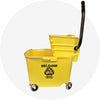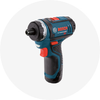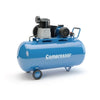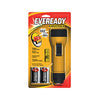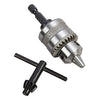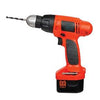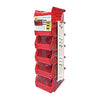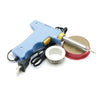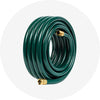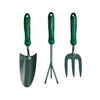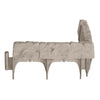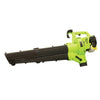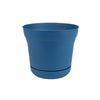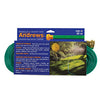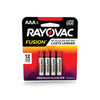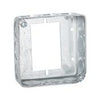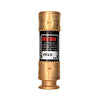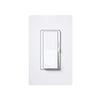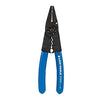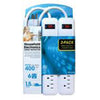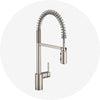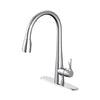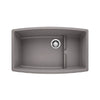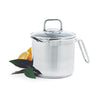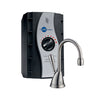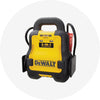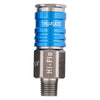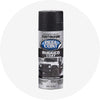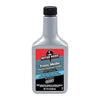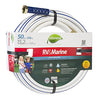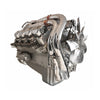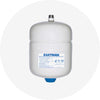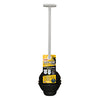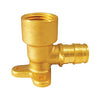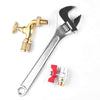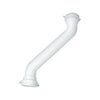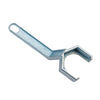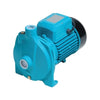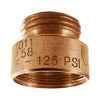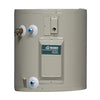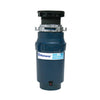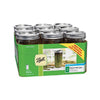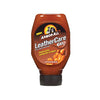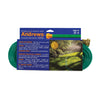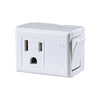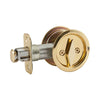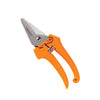How to measure U-bolts and understand related standards
∙ min read

In construction and engineering, there are many essential fasteners that ensure the stability and strength of structures. One widely used tool is the U-bolt. As the name suggests, these fasteners are shaped like a “U” and are critical in securing beams, columns, or other structural members to concrete surfaces.
Due to their importance, it is vital to understand how to measure U-bolts and what the most common measurements are within the construction industry. In addition, it is essential to consider certain criteria when selecting appropriate U-bolts for a specific application, as well as industry standards and codes related to their use.
How to measure U bolts?
The following are the methods used to measure U-bolts, along with some of the most common measurements:
Here are some examples of U-bolt measurements:

Please note that these measurements are examples only and may vary depending on the manufacturer and application. When selecting U-bolts, it is essential to consult the project specifications to ensure the proper dimensions are selected for effective and safe fastening.
Common Materials Used in the Manufacture of U-Bolts
Various materials are used to manufacture U-bolts, each with its characteristics and suitability for specific applications. Here are a few common materials:-
Carbon steel: provides good tensile strength and durability, making it suitable for general construction and industrial applications.
-
Stainless Steel: highly resistant to corrosion and oxidation, making it ideal for marine, outdoor, or moisture-exposed environments.
-
Steel Alloys: used when greater strength and toughness are required. These alloys may include grade 8 or 10 alloy steel, typically used in applications requiring extreme strength.
When selecting a material, it is critical to consider corrosion resistance, mechanical strength, and the necessary durability properties to ensure integrity and safety.
Relevant Standards for U-Bolt Use
It is indispensable to adhere to established standards set by recognized organizations to ensure U-bolts' quality, safety, and reliability. Some standards used in the United States are:
-
ANSI/AISC 360: This code establishes design and construction requirements for steel structures, including bridges and buildings.
-
AWS D1.1: Used for welding specifications in steel structures, this standard provides guidelines for designing and fabricating welded connections, including using U-bolts as fasteners.
In addition to these guidelines, specific regulations and codes at the state or local level may be considered when using U-bolts in structural contexts.

Max Warehouse: your construction partner
If you work in construction, engineering or run a local business that sells materials, it's essential to know about these critical fasteners. You can learn about their use, size, and how they help make structures safe and strong.
Max Warehouse is here to help and advise you. In our catalog, you will find a wide range of U-Bolts to stock your business or meet the needs of your construction projects. Here are a few examples of our products:
As you can see, some of these products (and many more) have special volume prices. If you are interested in this, along with other discounts, personalized attention, and fast, secure shipping, consider joining Max Pro. It is a program designed specifically for professionals like you who are looking for the best prices without compromising on the quality of materials and accessories for their work.
Sources:
- https://bit.ly/3rOhaal
- https://www.aisc.org/globalassets/aisc/publications/standards/a360-16w-rev-june-2019.pdf
- https://pubs.aws.org/download_pdfs/d1.1-2015-spa-pv.pdf








